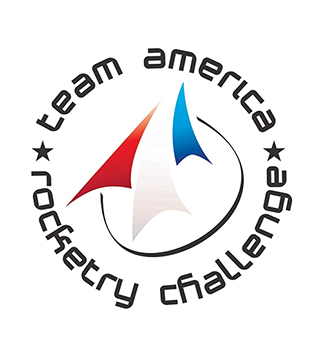Students Compete in Finals of World's Largest Rocket Contest

This May, 100 teams of middle and high school students will compete in the 15th annual Team America Rocketry Challenge (TARC) National Finals outside Washington, D.C.
The students will represent 28 states and the U.S. Virgin Islands. They’ll travel to Washington with the goal of taking home a national trophy and a chance to represent the United States internationally later this year. The finalists have already outscored more than 700 other teams to earn one of the coveted spots to compete at the Final Fly-Offs Saturday, May 13.
The competition challenges students across the development and design process, where, in addition to building a rocket that flies to exactly 775 feet and safely returns a payload of one raw egg undamaged within 41-43 seconds, teams must include a transition piece that joins two different diameters of body tube. Reflecting the innovative and curious nature at the heart of the aerospace workforce, some teams have met the mark while still managing to include 3D printing and other innovative strategies into their designs, according to a TARC news release.
At the National Finals, as many as 42 teams will advance to a second round with new height and time requirements (800 feet and 42-44 seconds). Teams must rely on their knowledge of physics to adequately adjust their rockets on the fly in order to meet the new scoring parameters in an unfamiliar launch environment.
Finalists will compete for scholarships and prizes totaling more than $100,000 and the chance to travel to the Paris Air Show, courtesy of the Raytheon Company. The winning team will represent the United States in the International Rocketry Challenge, facing off against teams from the United Kingdom, France and Japan.
TARC’s structure mirrors that of the aerospace industry’s design, engineering and testing processes, with many TARC participants carrying the lessons they learned in the TARC competition through to joining a thriving and innovative aerospace workforce in the future, the release said.
According to TARC, among the hundreds of students invited, approximately one in three are female rocketeers, including six all-girl teams. In addition, the students offer experiences from a number of different socioeconomic backgrounds. The teams hail from both rural and urban America, encompassing first-time rocketeers and program veterans.
They also feature teams that were completely self-funded and student run, as well as those who have some support from sponsors. Ultimately, these middle and high school students are proof that STEM and aerospace are for everyone, and the push for a strong, diverse workforce is happening now.
TARC is sponsored by the Aerospace Industries Association (AIA), the National Association of Rocketry and more than 20 industry partners. Since its inception in 2002, TARC has inspired more than 65,000 middle and high school students to explore careers in science, technology, engineering and mathematics (STEM), AIA said.
This year, nearly 5,000 students representing 46 states, the District of Columbia and the U.S. Virgin Islands designed, built and launched rockets in hopes of qualifying for the National Finals. For a list of finalists, go to this site.
For more information about TARC, visit the competition website. For more information about AIA, visit that organization’s site.
About the Author
Richard Chang is associate editor of THE Journal. He can be reached at [email protected].